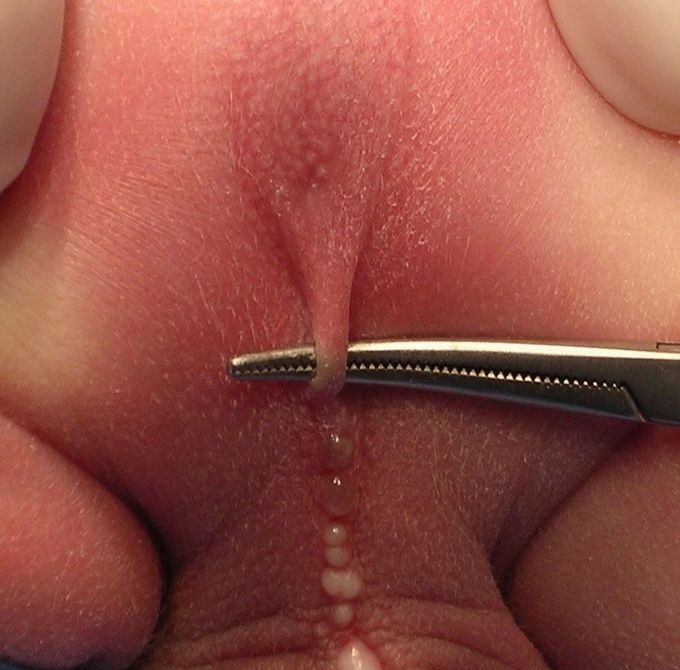


Pediatric Imperforate Anus (Anorectal Malformation)
Anorectal malformations include a wide spectrum of defects in the development of the lowest portion of the intestinal and urogenital tracts.Defects in the formation or shape of the posterior urorectal septum account for many of the described abnormalities of imperforate anus.Newborns with imperforate anus are usually identified upon the first physical examination. Malformations in newborns that are missed upon initial examination are often discovered within 24 hours when the newborn is observed to have distention and has failed to pass meconium and a more thorough examination is performed.During a thorough physical examination, attention should be focused on the abdomen, genitals, rectum, and lower spine.Complete blood cell (CBC) count, blood typing and screening, and serum electrolyte levels should be measured in all children with imperforate anus who require operation. Urinalysis should be performed to determine the presence of a rectourinary fistula in all cases in which the diagnosis cannot be made based solely on the physical examination findings. If a child has a perineal fistula, vestibular fistula, or a single perineal orifice, urinalysis is unnecessary. Urinalysis is required in all other affected children.Newborns with imperforate anus should not be fed and should receive intravenous hydration. Life-threatening comorbidities take precedence and must be treated first. The surgical procedure includes neonatal colostomy, primary neonatal pull-through without colostomy, Posterior sagittal pull-through with colostomy.

